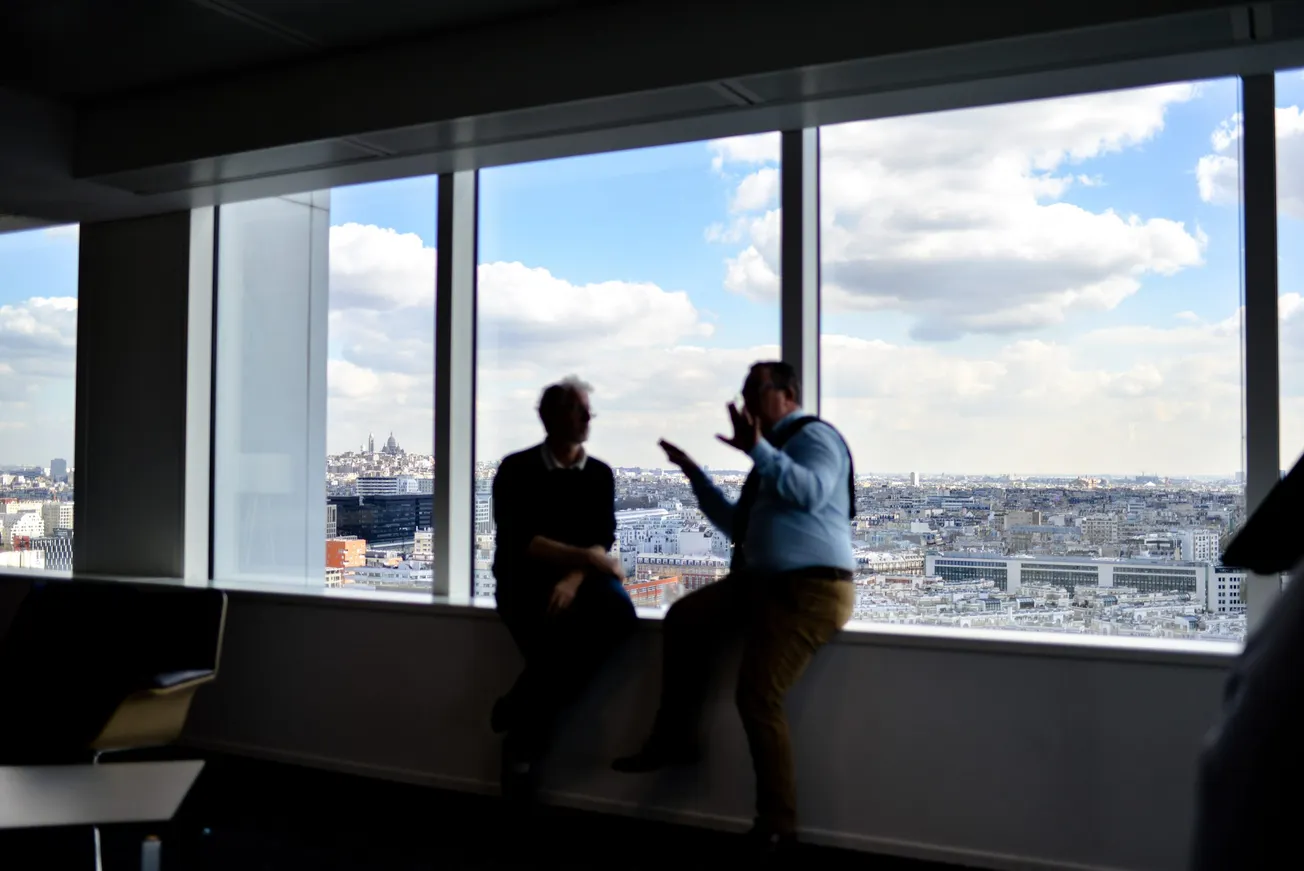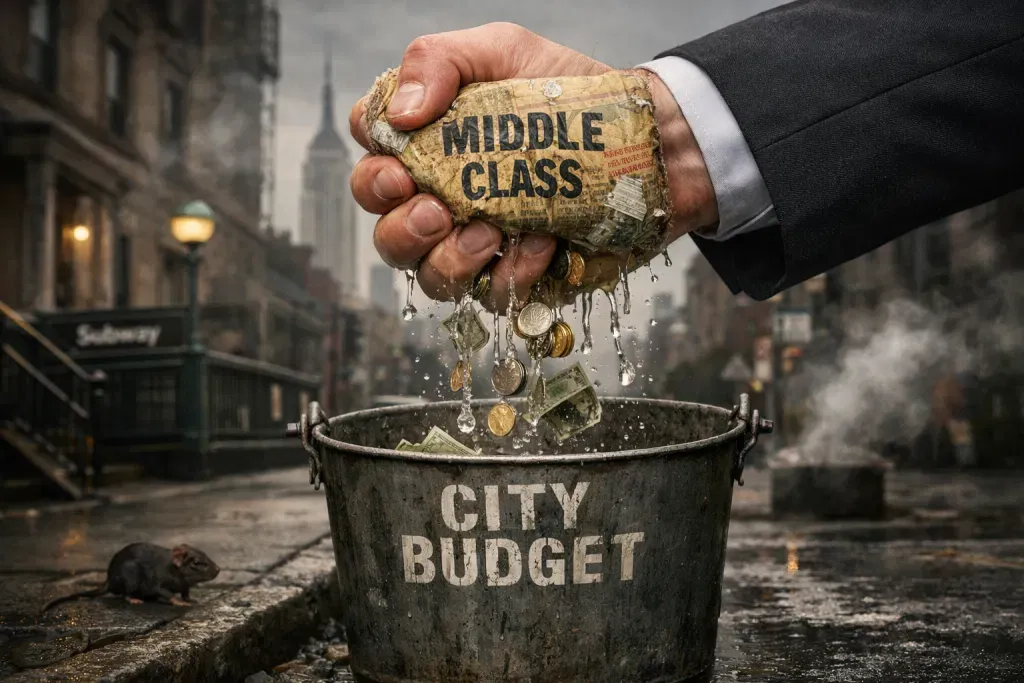Table of Contents
Danielle van Dalen
maxim.org.nz
I don’t particularly love confronting people. But I know that when it’s done well, disagreement can be incredibly powerful. An open letter On Justice and Open Debate published last week, suggests the 150 signatories think similarly.
The letter claims that an increasingly hostile environment and growing restriction to freedom of speech and expression is harmful to society. It says:
“The free exchange of information and ideas, the lifeblood of a liberal society, is daily becoming more constricted. While we have come to expect this on the radical right, censoriousness is also spreading more widely in our culture: an intolerance of opposing views, a vogue for public shaming and ostracism, and the tendency to dissolve complex policy issues in a blinding moral certainty. We uphold the value of robust and even caustic counter-speech from all quarters. But it is now all too common to hear calls for swift and severe retribution in response to perceived transgressions of speech and thought.”
After the letter was published, however, some of its signatories denounced it – one even saying “I’m so sorry” – due to some of the views of other signatories. (Notably JK Rowling, who has recently received significant criticism for her comments on transgenderism, was a signatory.)
It’s an example of the failure to listen to opposing ideas that the letter tried to address.
This response seems somewhat ironic. It’s an example of the failure to listen to opposing ideas that the letter tried to address. In fact, some of the signatories have since said as much. Author Malcolm Gladwell, for example, tweeted:
“I signed the Harpers letter because there were lots of people who also signed the Harpers letter whose views I disagreed with. I thought that was the point of the Harpers letter.”
Or Thomas Chatterton Williams, who spearheaded the letter, tweeted:
“this letter is not a statement about everyone agreeing with every position every signatory has. The diversity of its signatories is its strength – not a weakness.”
We need to be brave enough to agree with the ideas of people we regularly disagree with on other issues. We could even learn to have conversations about the issues we disagree on. The conversation will likely end with both people holding their original position and that’s okay. What’s important is that everyone leaves with a deeper understanding of the person they disagree with and why they disagreed in the first place.
We need to be brave enough to agree with the ideas of people we regularly disagree with on other issues.
While that’s easier said than done, it’s incredibly important for the functioning of society. In fact, without healthy disagreements, strong societal divisions are much more likely to arise. The Coddling of the American Mind, by Jonathan Haidt (another signatory) and Greg Lukianoff, confronts this very issue. They suggest that having conversations with people you disagree with are essential for building resilience and learning to adapt and grow. Of course, this doesn’t mean that anything goes. Bullying is never okay. But there’s a difference between bullying and thorough intellectual debate.
So, as someone who doesn’t particularly enjoy confrontation or disagreement, it’s important I learn to do it well – even when it’s difficult. The stakes are too high to say no.









